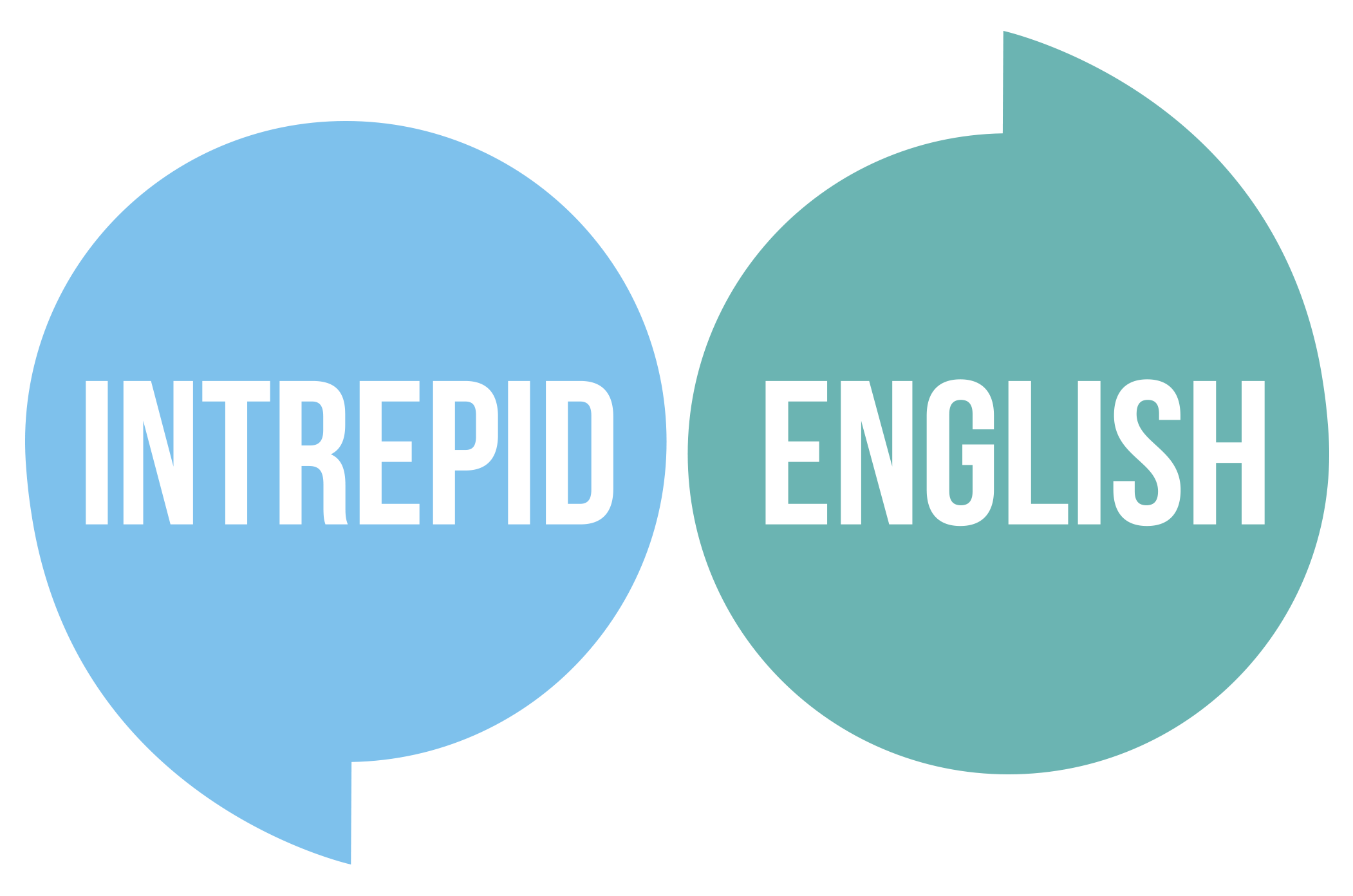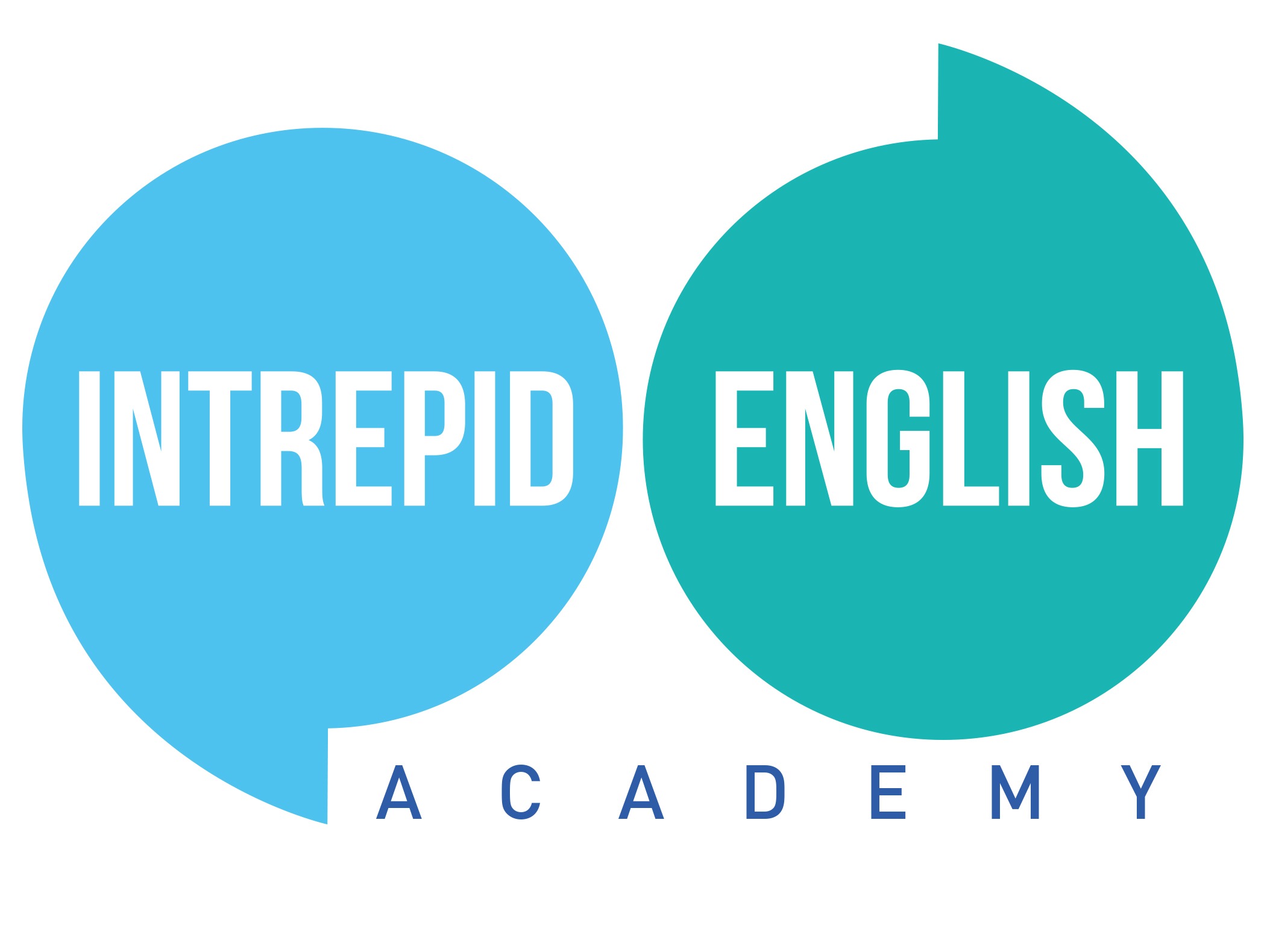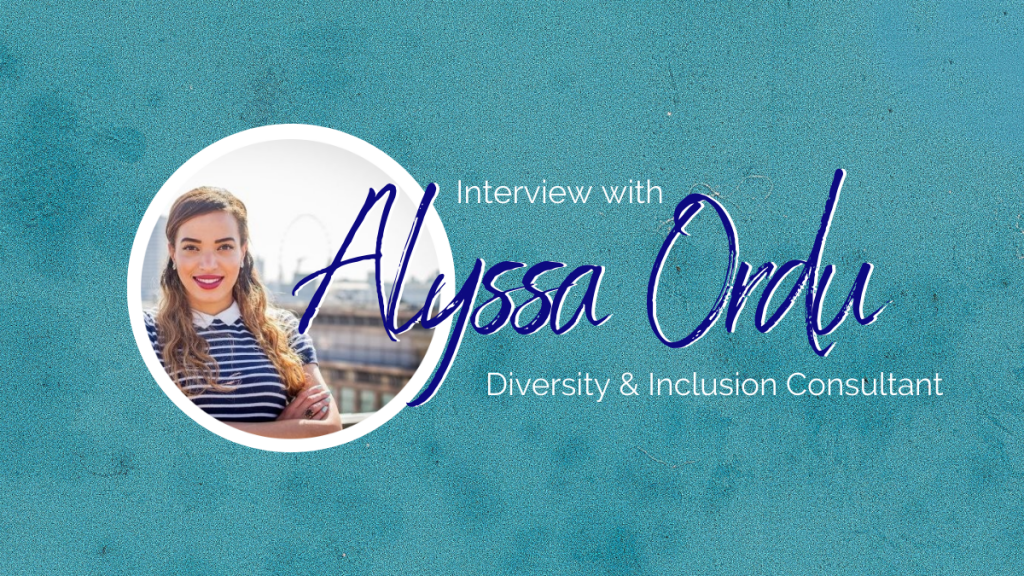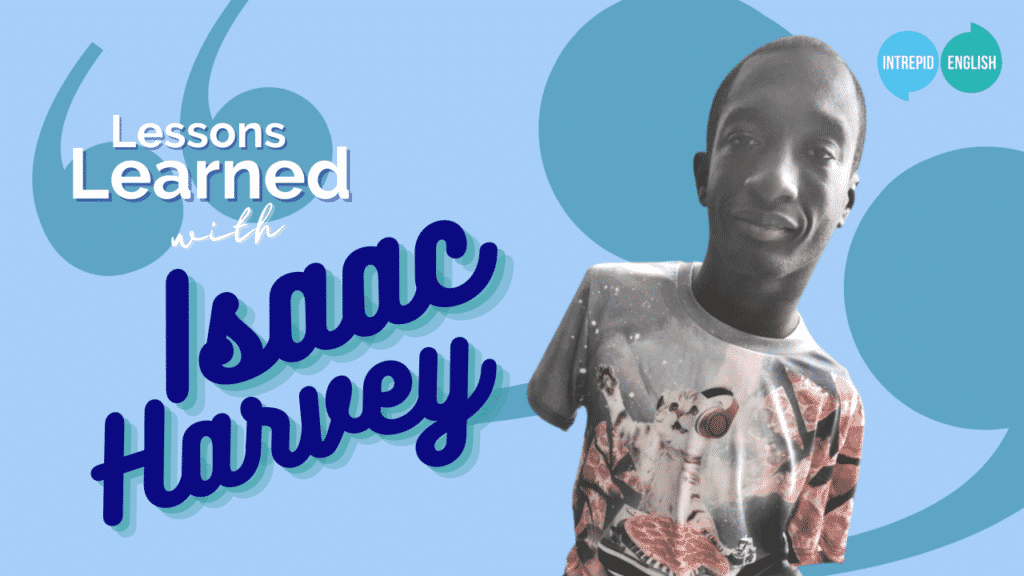Phrasal Verbs with HANG – Part 1

A phrasal verb consists of a root verb (such as go, put or set) and an adverb or preposition (such as away, on or out). This blog (and podcast) explain the meanings of four common phrasal verbs containing the verb hang.
Phrasal verbs are idiomatic, which means that the phrasal verb has a different meaning to the individual words within the phrase.
Vocabulary:
Phrase (verb) put into a particular form of words.
Particular (adjective) used to single out an individual member of a specified group or class.
Patient (adjective) able to accept or tolerate delays, problems, or suffering without becoming annoyed or anxious.
Hang around
- To spend time in a place waiting or doing nothing.
e.g. He hung around the bar, waiting for the others.
(Bonus: Hang around together, meaning to spend time with each other.
Hang around with, meaning to spend time with someone.)
Hang back
There are two definitions for the phrasal verb ‘hang back’:
- To not do something immediately because you are not confident or are uncertain about it.
e.g. I’m going to hang back and wait for a bit.
- To stay in a place after other people have left.
e.g. She’s the kid who hangs back to speak to the teacher after class.
Hang in
- To be brave or determined enough to continue doing something, even though there are difficulties.
e.g. Hang in there.
All you have to do is hang in there for a couple more minutes.
Hang on
There are five different meanings for ‘hang on‘:
- To hold tightly to something.
e.g. Hang on, I’m coming to get you!
- To wait or be patient.
e.g. I think we should hang on and see what happens.
- To continue doing something and achieve success, even though there are difficulties.
e.g. The visiting team hung on for a bit longer and won the game.
- To depend on something.
e.g. Everything hangs on the result of the blood test.
- Used for saying that you have just realised something.
e.g. Hang on a minute, are you saying aliens are real?

This blog was written by Intrepid English teacher, Tom.
If you have any questions, or you would like to request a topic for a future blog, you can contact us here or email us at Intrepid English.
Book a free trial lesson today and talk about your learning goals with an experienced native English teacher. Say goodbye to boring English lessons! If you’re not sure what you want to learn, let your teacher choose from the range of English courses that have been designed to help our students to achieve their goals.








[…] to Part Two of Phrasal Verbs with Hang. You can check out Part One here if you haven’t […]